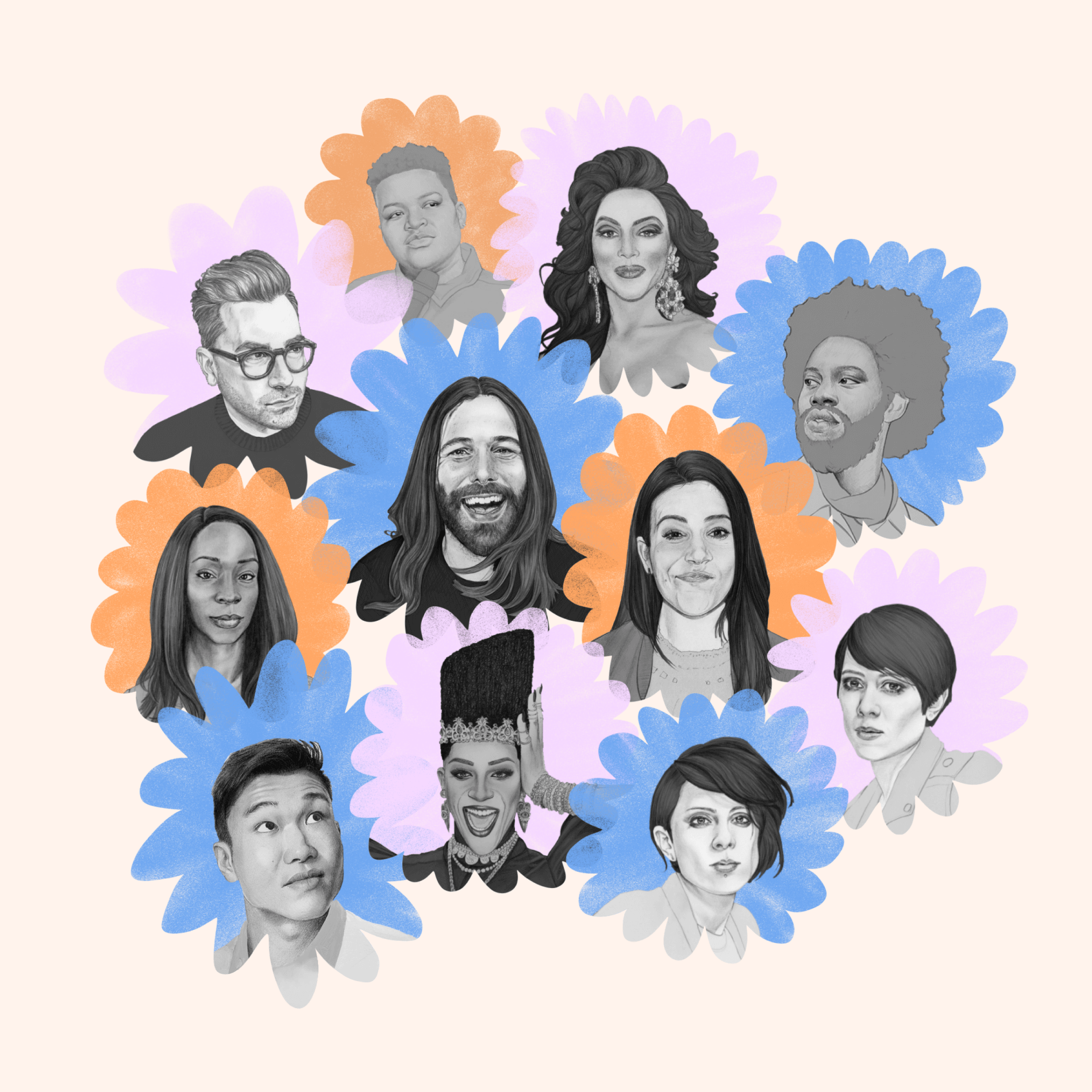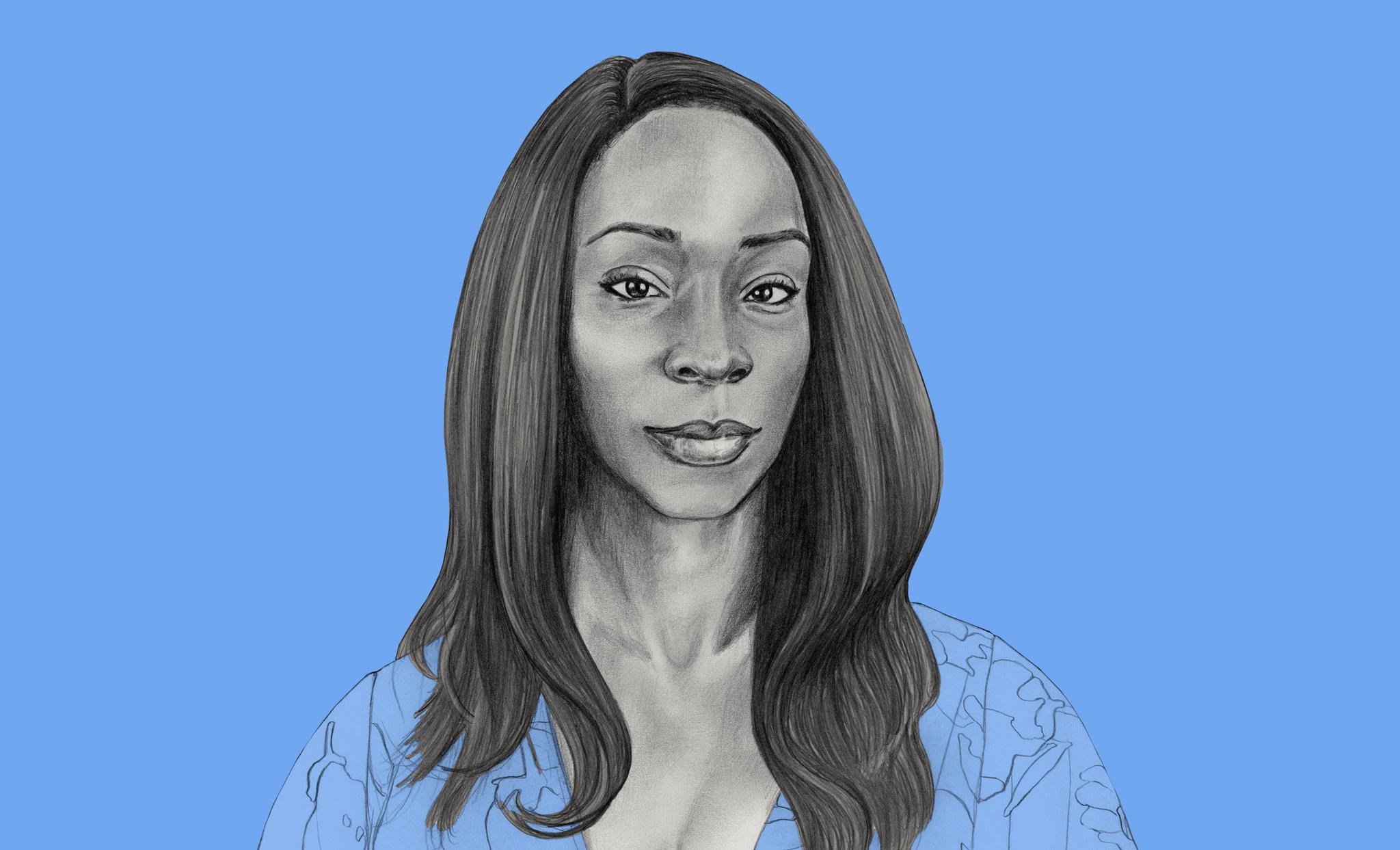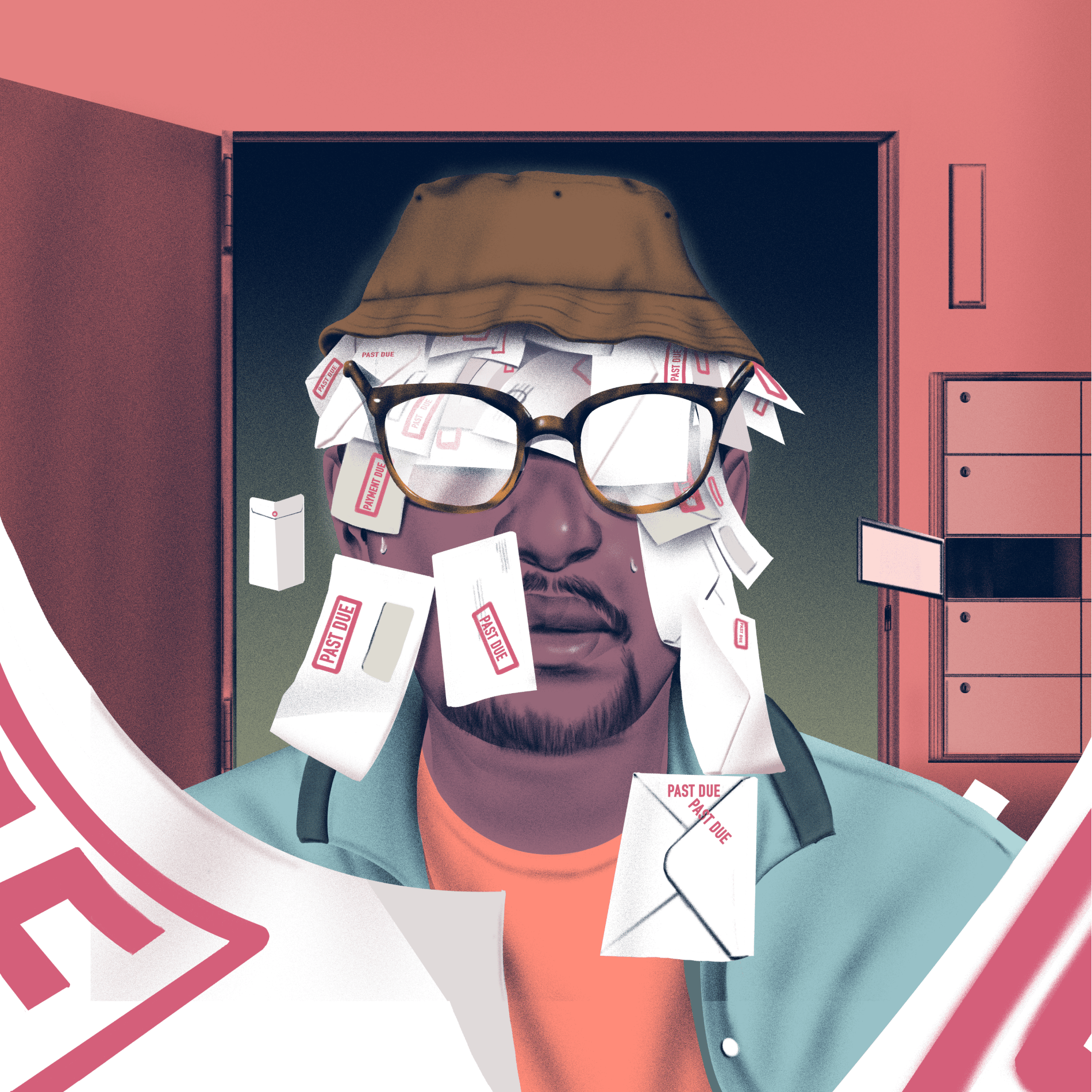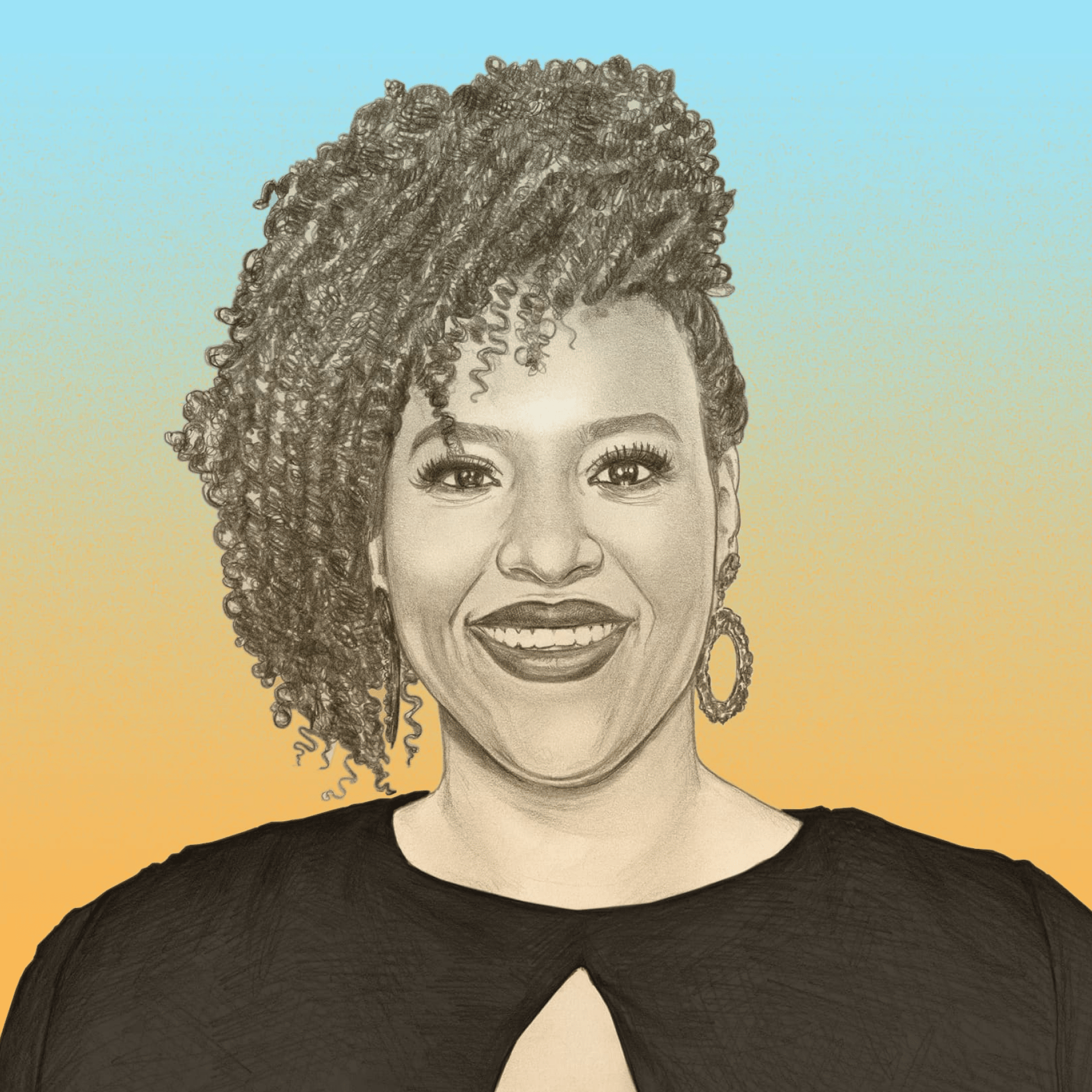
Money Diaries
A Philanthropist Tells Us How Growing Up Rich Can Feel Isolating (and Giving Opens Doors)
Iris Brilliant, 28, a member of the charity network Resource Generation, describes her journey to becoming a philanthropist.
Wealthsimple makes powerful financial tools to help you grow and manage your money. Learn more
Wealthsimple is a whole new kind of investing service. This is the latest installment of our recurring series “Money Diaries,” where we ask interesting people to open up about the role money has played in their lives. Iris Brilliant is the National Organizer And Coordinator Of Family Philanthropy for Resource Generation, an organization that encourages young people with wealth to leverage resources and privilege for social change.
Growing up, I had a very distorted sense of where my family fell on the class spectrum. In my hometown, I’d gone to private school with the children of billionaires, and I thought my family was middle class because we owned only one house and we didn’t have a yacht. All I knew was that I was wealthier than some people and less wealthy than others. In college, when I mentioned the wealthy suburb I was from, a woman called me out for being a rich kid. I was terrified and really defensive. She told me about Resource Generation, and I said, “Absolutely not” and avoided her for years after that.
Then, when I graduated from college, I inherited a small fortune from my mother’s uncle. He was a furniture upholsterer—a working-class dude with no children. He’d built a small fortune in what we call “creepy investments,” such as oil and tobacco. So I graduated college not only debt-free—which was unheard of in my group of friends—but also with all this money. I was like, What am I going to do with 200 grand? I need help. My working-class friends quickly grew tired of hearing me complain about my trust fund. That’s when I remembered Resource Generation and decided to join.
"There’s just this incredible secrecy around wealth and inheritance—it’s common for people to keep their fortunes secret even from their best friends and romantic partners."

Sign up for our weekly non-boring newsletter about money, markets, and more.
By providing your email, you are consenting to receive communications from Wealthsimple Media Inc. Visit our Privacy Policy for more info, or contact us at privacy@wealthsimple.com or 80 Spadina Ave., Toronto, ON.
When I was in high school, my dad worked as a philanthropist, helping a large foundation figure out whom to award its money. I’d go to conferences with her and meet people with incredible power who deeply wanted to create positive change in the world but were very disconnected from folks who were actually dealing with oppression directly. Then, in college, I became active in feminist and antiracist groups. And yet in all of those social-justice spaces, no one wanted to talk about class. It was this huge elephant in the room. I realized I could act as a bridge between these super-wealthy communities that wanted to give money to make the world a better place and the people in the trenches, building grassroots organizations, working hard to create meaningful change—combating racism, homophobia, and domestic violence, for example.
Being a part of Resource Generation, I talk to young people on a weekly basis about their wealth and how they can use it to support incredible work. Often, these young people of exceptional means feel really guilty about having a trust fund. Sometimes I’m one of the first people they’ve ever told about it. There’s just this incredible secrecy around wealth and inheritance—it’s common for people to keep their fortunes secret even from their best friends and romantic partners. So many people feel bad about their wealth—they’re aware of the injustice and exploitation that may have led to their wealth, and they internalize it to think that they are bad people. But it’s not about bad people; it’s about bad systems. Still, it’s understandable for people to feel weird about having things we didn’t earn ourselves and having so much when other people are struggling to survive, especially since wealth is distributed so differently among people of different races. The median wealth for a white American household is $141,900, whereas for a Latino household it’s $13,700, and for an African-American household it’s $11,000.
We’ve found that the greatest asset we can offer people is a sense of community. Ultimately, guilt is not a useful emotion. People with wealth end up feeling bad, becoming immobilized, and then not doing anything about it. But a sense of community can sometimes be the perfect antidote. Once people share their stories with one another and build relationships with people who are dealing with the same issues, they become empowered to move their money to thoughtful places and start to create meaningful change.
We never tell people specifically what to fund. We don’t matchmake our members with particular organizations. Instead, we simply encourage people to find grassroots organizations that are fighting for policy and structural change because we know that just throwing money at things isn’t going to solve our problems. We also encourage our members to fund organizations that are led by people who are actually experiencing the oppression they’re trying to overcome.
Recommended for you

Money Diaries: Pride Edition
Money Diaries

The World Wouldn't Make a Place for Angelica Ross. So She Made One for Herself
Money Diaries

It’ll Work Itself Out (It Actually Won’t)
Money Diaries

Natasha Rothwell's Character in “The White Lotus” Finds an Angel Investor. Her Real Life Didn't Quite Work That Way.
Money Diaries
A lot of grassroots organizations are able to do so much with so few resources. Some of these organizations function on an annual budget of $30,000 to $40,000, with part-time staff that are working full-time, or maybe even no paid staff. It can be a constant grind. A modest gift can provide crucial sustenance and keep an organization alive to continue its vital work.
Right now, we have 17 Resource Generation chapters across the United States—and we also work with wealthy Canadians—with more than 400 dues-paying members. A couple thousand more people have also been involved.
Giving away money can also be transformative for the person who is giving. I worked with a young woman last year who gave away a half-million dollars. A lot of wealthy people feel really isolated in general, and she found that her giving helped get her out of isolation. She grew connected to a lot of different communities because she wanted to develop authentic relationships with the people that she was funding, which meant getting involved in their organizations, showing up to their events, and building human relationships. I felt the same way after my own personal giving—more human and less of a weird, awkward, isolated rich person.
Giving can also create healing opportunities within our own families. For a lot of us, we need to talk to our families to access our wealth, which can lead to some hard conversations. There have been members who have been disowned by their families after they gave away more money than their families wanted them to, or funded organizations that conflicted directly with their families’ political beliefs. A lot of wealthy people have been manipulated by the good intentions of our families, and told to never give money, to never trust people, and to fear that our family relationships might be lost if we do. I have immense respect for the bravery of RG members who have faced down family members in order to give money away. The personal stakes are really high—and yet the stakes are also really high for people who are struggling and don’t have money, to whom a small donation from someone can make an enormous difference. As difficult as it can be to confront our families over our desire to give, digging into those challenging moments and unearthing the deepest rifts in our family structures can also be truly liberating. Wealthy people are often told inaccurate stories, and we’re blind to the safety nets we actually have. Even if I were to give away my whole trust fund, I’m still going to inherit money when my parents die. I still went to a good school and don’t have student debt. I still have networks of wealthy friends who would offer me help if I needed it. Once we’re aware of these safety nets, we realize that we can give away more than we think.
Right now, we’re in the midst of the biggest transfer of wealth in history. The baby boomers are dying off, and there are untold millions getting passed down to the next generation—my generation—so it’s a key time for us to be getting young people involved in giving. The virtue of youth can be seen in the openness that a lot of RG members have toward riskier philanthropic investments and bolder forms of giving. At Resource Generation, we support young people’s leadership development. We’re the ones that are going to be inheriting this world, and it’s heartening to see more young leaders given respect and taken seriously.
These days, I’m open about being wealthy with everyone in my life, because I think it’s important to own up to where I come from and for people to know who I really am. Whenever I talk about my involvement with Resource Generation, people fall into one of three camps. Some are like, “Oh my God, that’s amazing. We need that type of work. Tell me all about it.” Then, with others, I get this kind of scared look, and I realize this may be a closeted wealthy person. They’re like, “Hey, I have a friend that might want to get involved,” and I’m like, “Interesting. Good to know.” And later I sometimes find that they’ve signed on with us. The third camp gives me this super-glazed-over look and changes the subject immediately. Either they’re wealthy and they’re not ready to talk about it, or they’re from a different class background and they find it too triggering to hear about. So, I get a lot of dissociated looks and people eager to talk about something else—anything else.
We may be well-intentioned people, but when our daily lives are insulated and we don’t come into contact with those who are struggling, it’s easy to keep their struggles far from our minds. I believe that as humans we are all naturally generous. We’ve been trained to hoard money, but when we shape our lives to interact with people from all classes, we rekindle a sense of connection and recognize our interdependence—your well-being and safety matter to me, and mine matter to you.
As told to Davy Rothbart exclusively for Wealthsimple. We make smart investing simple and affordable.
Wealthsimple's education team is made up of writers and financial experts dedicated to making the world of finance easy to understand and not-at-all boring to read.





